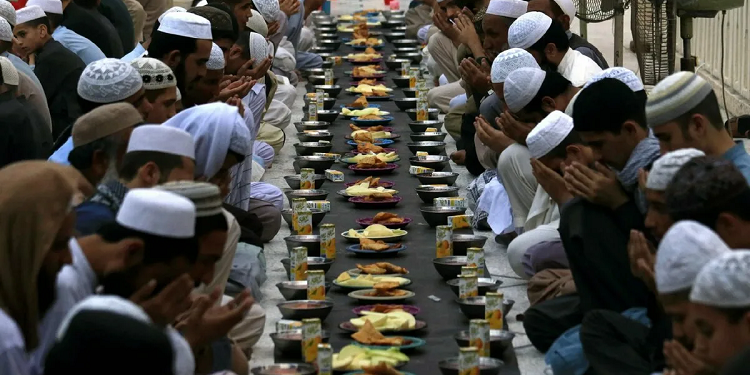The holy month of Ramadan is a period of great spiritual significance for Muslims around the world. During this time, believers engage in self-reflection, strengthen their devotion, strengthen their sense of community, and increase awareness of their relationship with Allah.
The centerpiece of Ramadan is dawn-to-dusk fasting, one of the five pillars of Islam, promoting self-discipline, compassion for the less fortunate and a deeper connection with the divine. While the spiritual benefits of fasting are undeniable, maintaining physical well-being throughout the month is also important for a truly enriching and fulfilling Ramadan. Tips For Fasting can be obtained online.
Nutritious suhoor
Suhoor, the pre-dawn meal, is crucial to maintaining energy throughout the day. It is important to include slow-digesting carbohydrates such as whole grains, fruits and vegetables, as well as proteins and healthy fats. Oatmeal with fruit, eggs with vegetables, or yogurt with nuts are all great options.
Drinking enough water during Iftar and Suhoor helps you stay hydrated throughout the day. Drink small amounts of water at all times when you are able to eat and drink, and avoid sugary and carbonated drinks, which can cause dehydration.
Balanced iftar
Iftar, the evening meal, should be balanced and nutritious. Start with a light snack, such as dates and water, to give your body time to adjust. The main course should contain proteins, carbohydrates and vegetables. Avoid excessive consumption of fatty and fried foods.
Overeating during Iftar and Suhoor can cause discomfort and digestive problems. Eat slowly and mindfully so your body can signal when you are full. Remember that fasting is not only abstinence from food, but also control of appetite.



